Last June I blogged about my desire to read more hopeful science fiction. Since then I’ve talked about Woman on the Edge of Time and The Lovely Bones. Today I’m back with another suggestion.
If you have recommendations for future instalments of this series, I’d sure like to hear them. Leave a comment below or send me message about it on Twitter.
Semiosis
 Sue Burke’s Semiosis is a 2018 hard science fiction novel about colonists from Earth who travel to a distant planet in hope of making it their permanent home. The storyline followed the original group of explorers as well as their descendants for several generations. They knew almost nothing about the planet they named Pax before they arrived there, so preparing in advance for what they were about to experience wasn’t easy.
Sue Burke’s Semiosis is a 2018 hard science fiction novel about colonists from Earth who travel to a distant planet in hope of making it their permanent home. The storyline followed the original group of explorers as well as their descendants for several generations. They knew almost nothing about the planet they named Pax before they arrived there, so preparing in advance for what they were about to experience wasn’t easy.
Nearly every chapter in this book showed how the most recent generation in this timeline adapted to the many challenges they faced while attempting to survive on a planet where RNA, not DNA, was the building block of life. Generally, one chapter was assigned to each new generation as they came of age and began making decisions for their community.
Th experiences of the first generation were promising. The land was covered in vegetation, much of which their scans showed was safe and nutritious for humans. They quickly began attempting to build shelters and adjust to the many differences that came with living in such an alien environment.
Plot-Based, Not Character-Based
As you might have already guessed, this was a plot-based novel. Since each section more or less introduced an entirely new cast of characters (based on how many members of the previous generation had managed to live to see old age), there wasn’t a great deal of time for any one character to steal the spotlight.
I normally have a strong preference for character-based stories, so I did need some time to adjust to the fact that I would only have a short amount of time with any of the fascinating people I met as one generation was slowly replaced by the next.
Given how long it took the original group of immigrants to realize that many of their assumptions about what life on a distant plant would be like were completely wrong, it made sense for the whole adventure to unfold slowly over the courses of multiple lifetimes as new generations built on the knowledge their parents and grandparents had painstakingly put together. No individual human could ever live long enough to gather all of the clues they did over such a long period of time.
However, I would have liked to see more continuity between the generations. I understood why the lifespans were shorter for humans, especially in the beginning, but I spent so little time with the many characters that I didn’t feel like I bonded with any of them. They were there in one scene and then sometimes gone in the next.
Persistence
There are many details about the plot that I can’t share with you without giving away huge spoilers. Needless to say, the characters in this book were surprised over and over again by what life was really like on their new home in just about every way you can imagine. The food obviously didn’t taste anything like food does on Earth. Calibrating what was and wasn’t dangerous on this planet was hard for them, too, as well due to how little they knew about life on it ahead of it.
All of their previous training was useful, but it couldn’t have possibly prepared them for everything they were about to experience. They had no way to contact Earth, leave Pax, or receive any additional supplies, so they had to figure out ways to keep going no matter what happened to them.
The first generation had some really rough experiences due to a string of bad luck and not having the right types of supplies at critical moments. It wasn’t all doom and gloom, though. There were conversations about ordinary things like unpacking the ship or how to decide when to switch from the food they brought with them to scavenging for a fresh dinner. I especially loved the characters’ contagious excitement at finally getting to explore the land without having any idea what they might find there.
Mixing those moments of grief in with all of the other emotions they experienced was a nice touch. It reminded me a lot of what happens in real life when someone is dealing with a difficult problem but also still has to do totally mundane things like sweep their floor, plan dinner, or take their pet for a walk. Life is hard sometimes, but it still goes on.
This feeling returned once they realized there was an intelligent life form on that planet that all of their previous scans of it had failed to pick up. I couldn’t stop reading once I reached this section, and it only got better from there.
The Big Picture
 There are two reasons why I’m recommending this as a hopeful science fiction read.
There are two reasons why I’m recommending this as a hopeful science fiction read.
Number one, we’ve all had days that were so frustrating or painful they felt like they’d never end.
This book could describe a day like that and then zoom out and see how that experience mattered (or didn’t matter) in the longterm. There were questions asked early on that didn’t receive answers until decades or even generations later.
There’s something comforting in seeing that pattern play out over and over again. What doesn’t make sense to us now might make sense years from now. Alternatively, it might fade away and not be meaningful at all after enough time has passed.
Number two, things did improve for the characters over time. The tragedies they experienced were real, but so was the hope they found as they adjusted to the challenges they faced and figured out how to look after themselves long after all of their Earth supplies had run out.
What hopeful science fiction stories have you been reading recently?

 Anyone who has known me more than a few hours knows both what a bookworm and huge fan of the SFF genre I am, so it may come as a surprise to you to learn just how many well-known science fiction and fantasy authors I’ve yet to read.
Anyone who has known me more than a few hours knows both what a bookworm and huge fan of the SFF genre I am, so it may come as a surprise to you to learn just how many well-known science fiction and fantasy authors I’ve yet to read.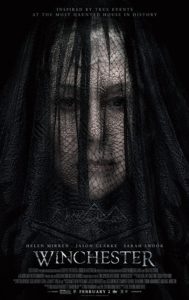 Winchester was originally mentioned in my to-watch list in
Winchester was originally mentioned in my to-watch list in 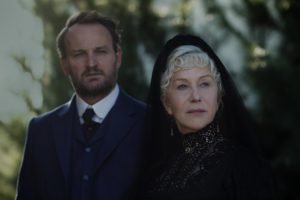
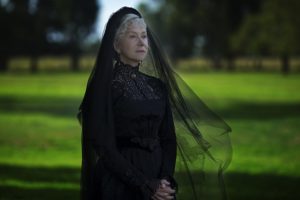
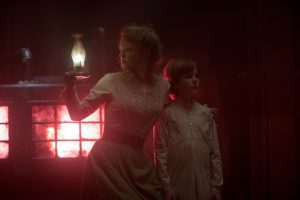

 Before I watch a film, I always check the reviews of it to see what others thought of it and if it includes certain topics that I’m sensitive to. I ended up deleting some of the titles I’ve
Before I watch a film, I always check the reviews of it to see what others thought of it and if it includes certain topics that I’m sensitive to. I ended up deleting some of the titles I’ve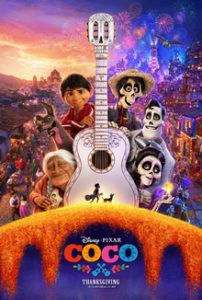 This review is spoiler-free and suitable for all audiences. This was one of the films I talked about wanting to watch in
This review is spoiler-free and suitable for all audiences. This was one of the films I talked about wanting to watch in 
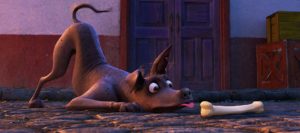
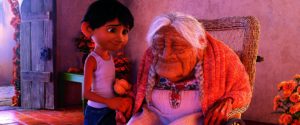
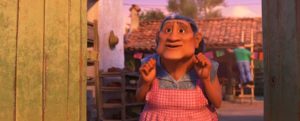
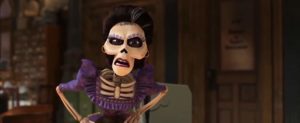

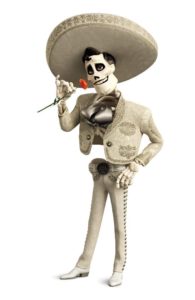
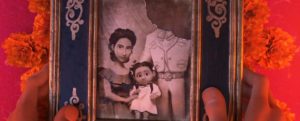
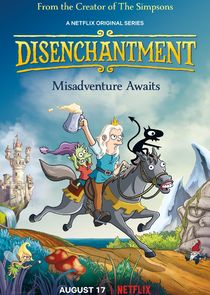
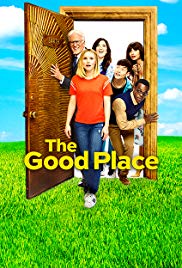
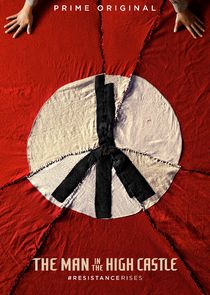
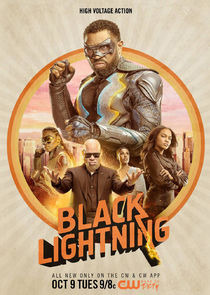
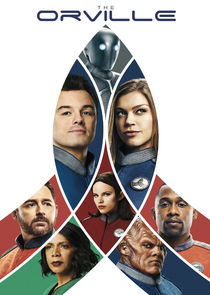
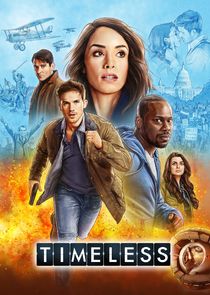
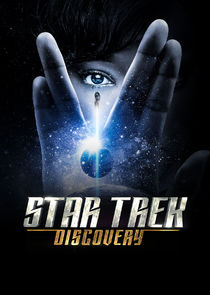
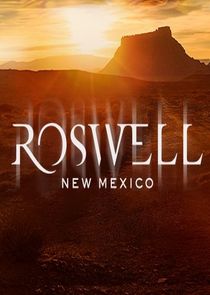
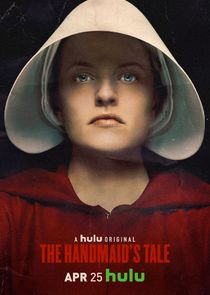
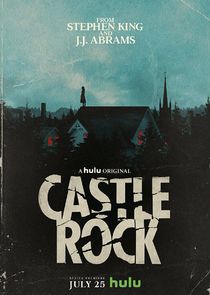
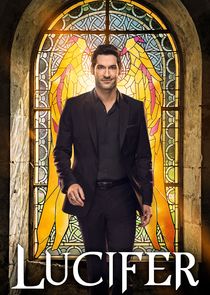
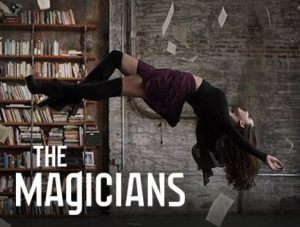
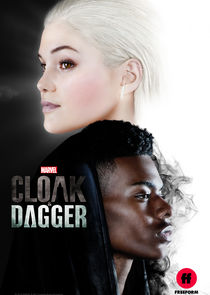
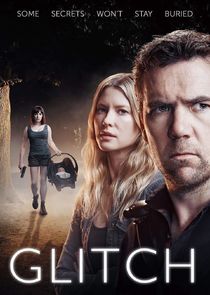
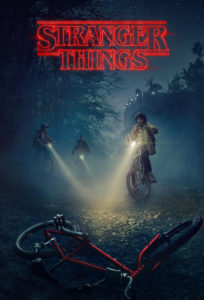
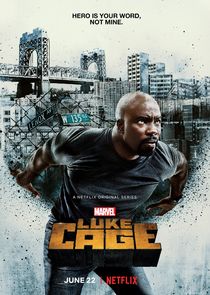
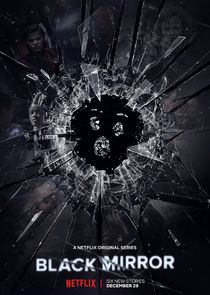
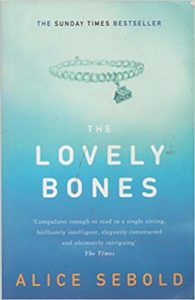 The Lovely Bones
The Lovely Bones The hope in this story arrived gradually. Don’t look too hard for it in the first few scenes or chapters. Just like what often happens in real life, it will take time for everyone to adjust to their new reality and for certain parts of the plot to be set into motion before you begin to realize what will await Susie and everyone who loved her.
The hope in this story arrived gradually. Don’t look too hard for it in the first few scenes or chapters. Just like what often happens in real life, it will take time for everyone to adjust to their new reality and for certain parts of the plot to be set into motion before you begin to realize what will await Susie and everyone who loved her.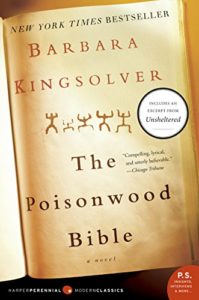 The Poisonwood Bible by Barbara Kingsolver
The Poisonwood Bible by Barbara Kingsolver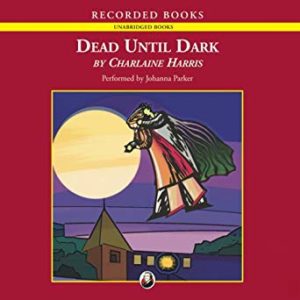
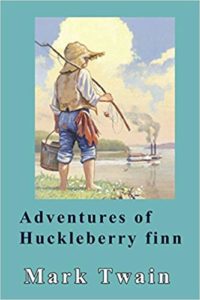
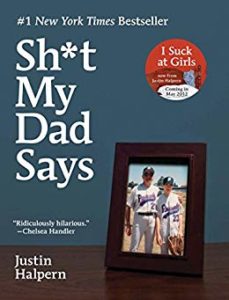
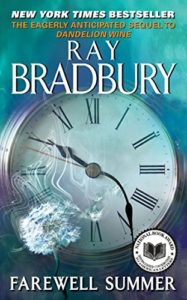 Farewell Summer by Ray Bradbury
Farewell Summer by Ray Bradbury Thank you to my friend
Thank you to my friend  Does anyone else find that their taste in movies is constantly evolving? Even when it comes to films I know I’m going to want to watch eventually, I still need to be in the right mood for certain genres. Sometimes I might be more interested in a documentary or comedy. On other days, something dark and serious is right my alley.
Does anyone else find that their taste in movies is constantly evolving? Even when it comes to films I know I’m going to want to watch eventually, I still need to be in the right mood for certain genres. Sometimes I might be more interested in a documentary or comedy. On other days, something dark and serious is right my alley. When I write reviews for my own site, I focus on as many positive aspects of the films and books I talk about as I can think of. I believe in pointing out everything the creator did right, especially if it’s stuff that doesn’t seem to be mentioned too often by many other reviewers. Anything worth reviewing – much less watching in the first place – will have strong points.
When I write reviews for my own site, I focus on as many positive aspects of the films and books I talk about as I can think of. I believe in pointing out everything the creator did right, especially if it’s stuff that doesn’t seem to be mentioned too often by many other reviewers. Anything worth reviewing – much less watching in the first place – will have strong points. Just because I might not personally be interested in a film that spends a great deal of time on a certain theme or topic doesn’t mean that everyone I know feels the same way.
Just because I might not personally be interested in a film that spends a great deal of time on a certain theme or topic doesn’t mean that everyone I know feels the same way.